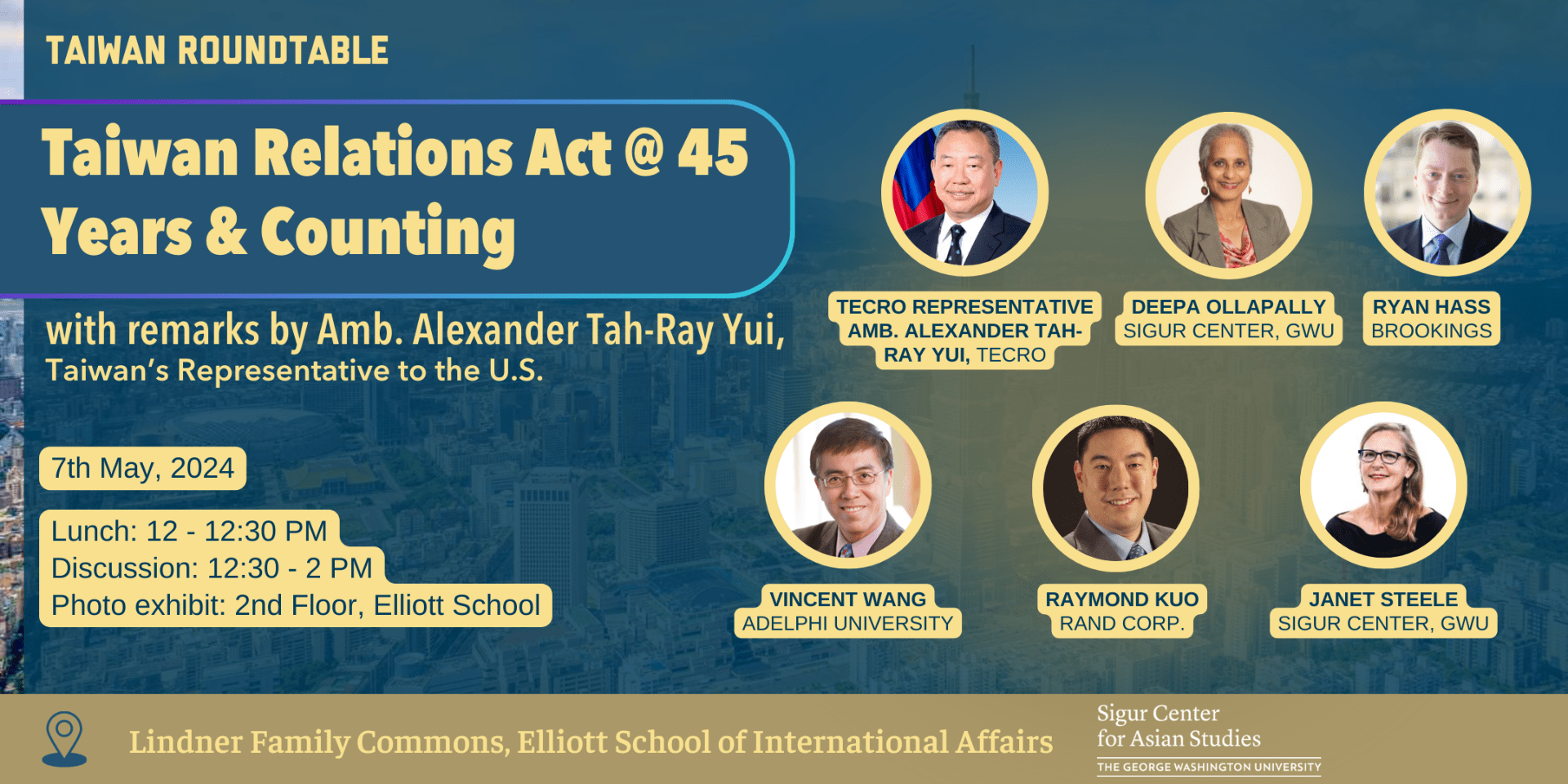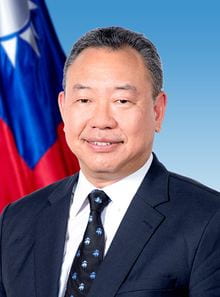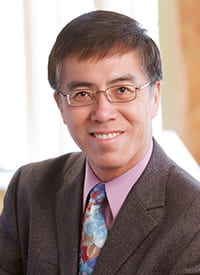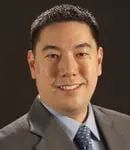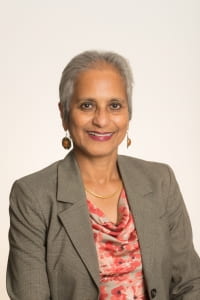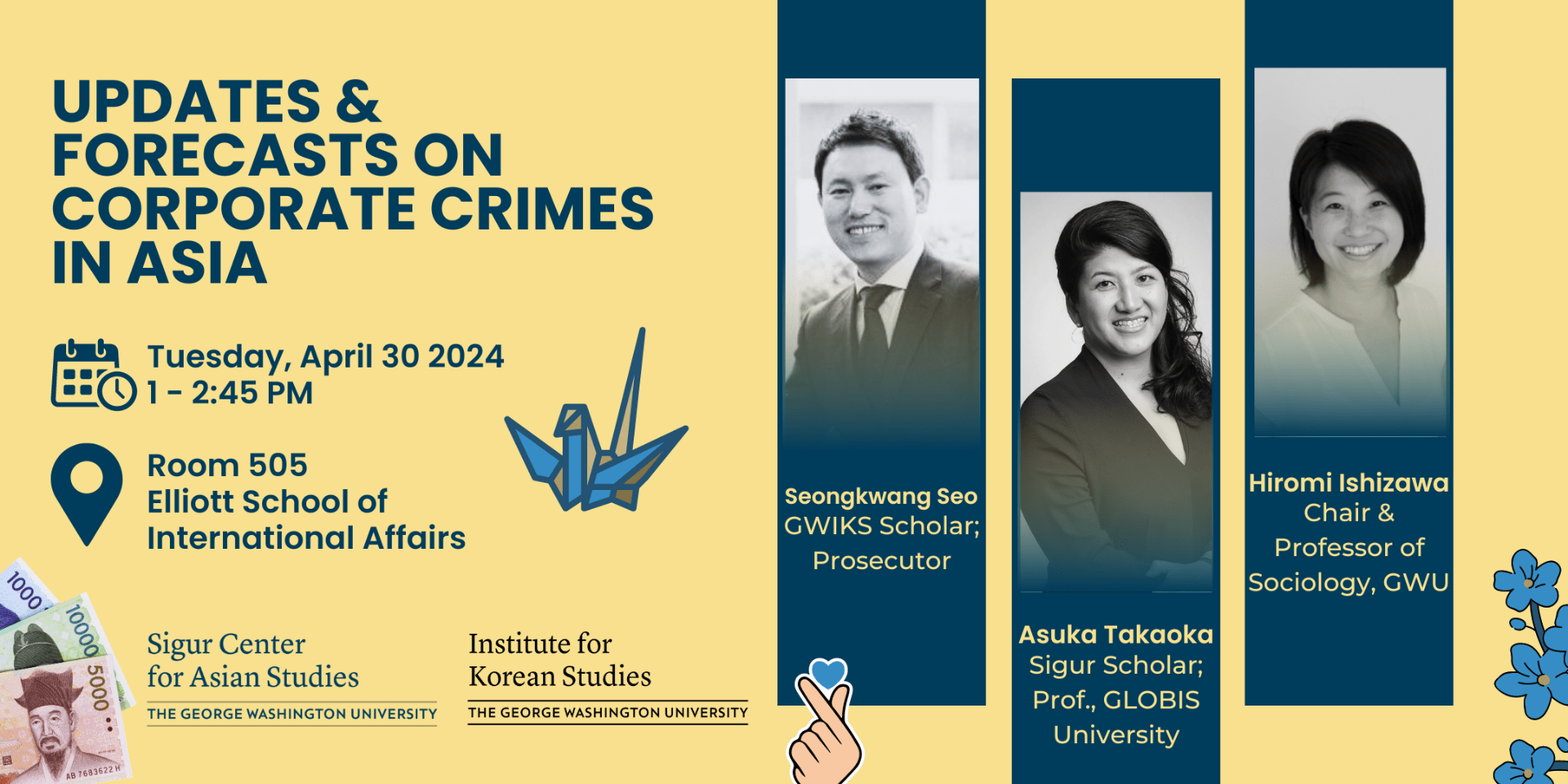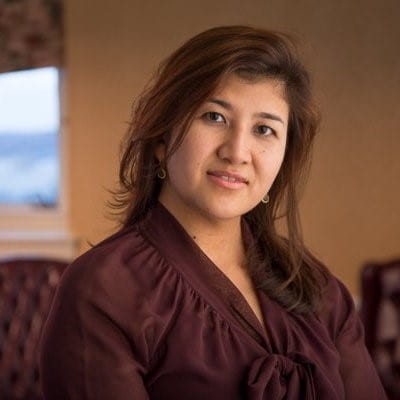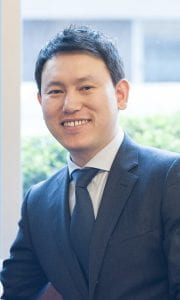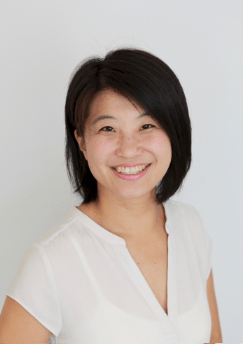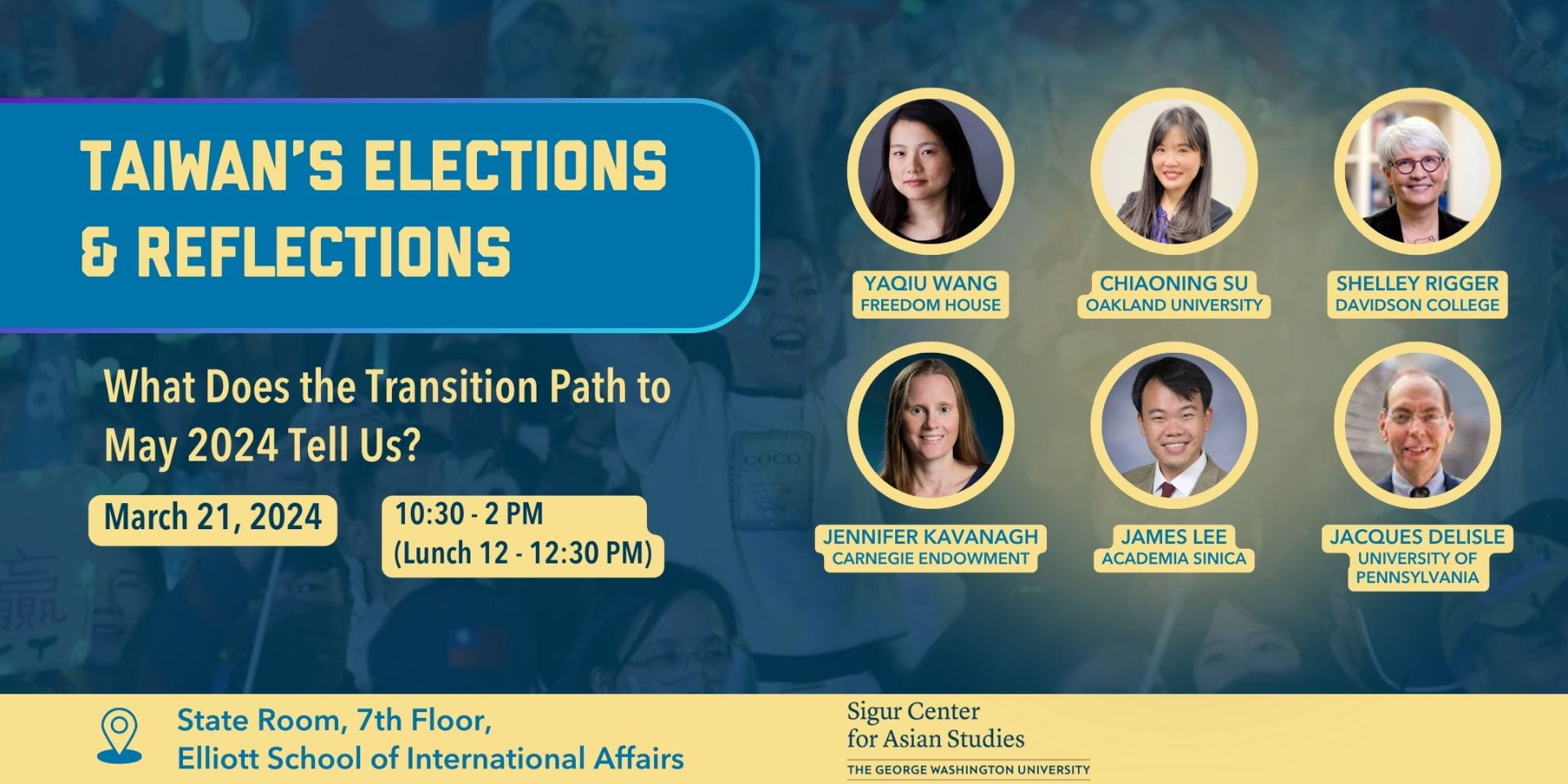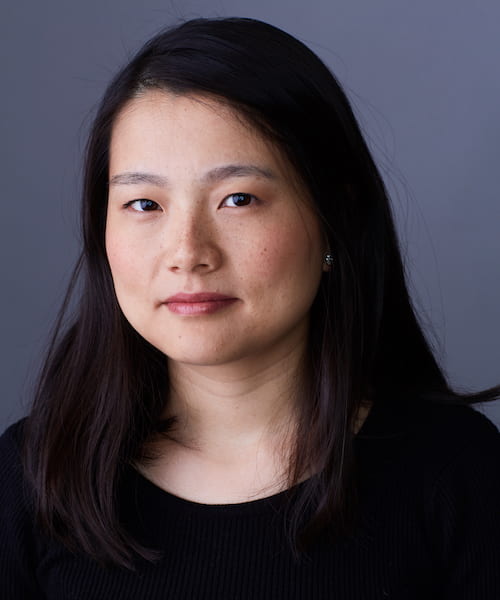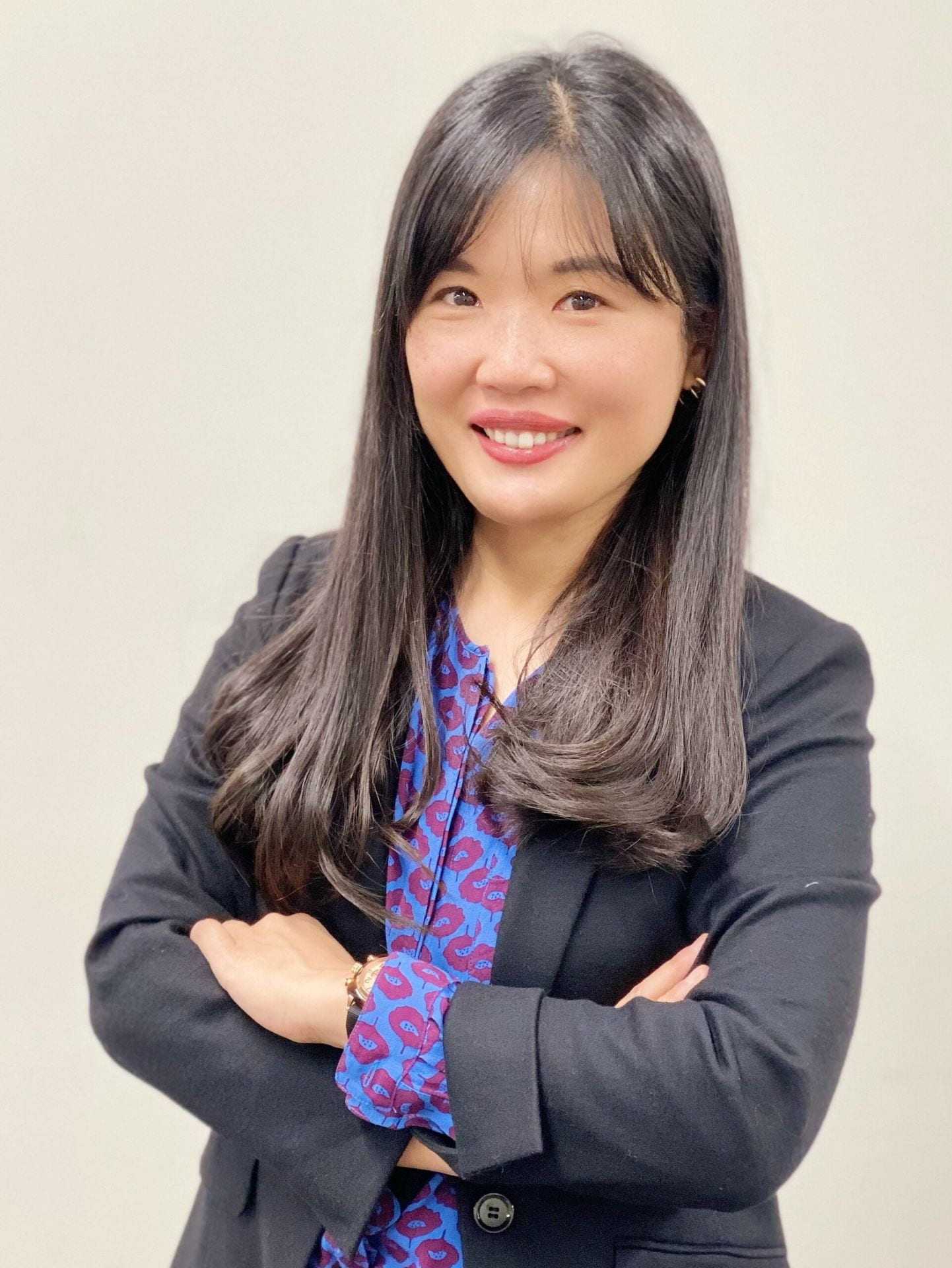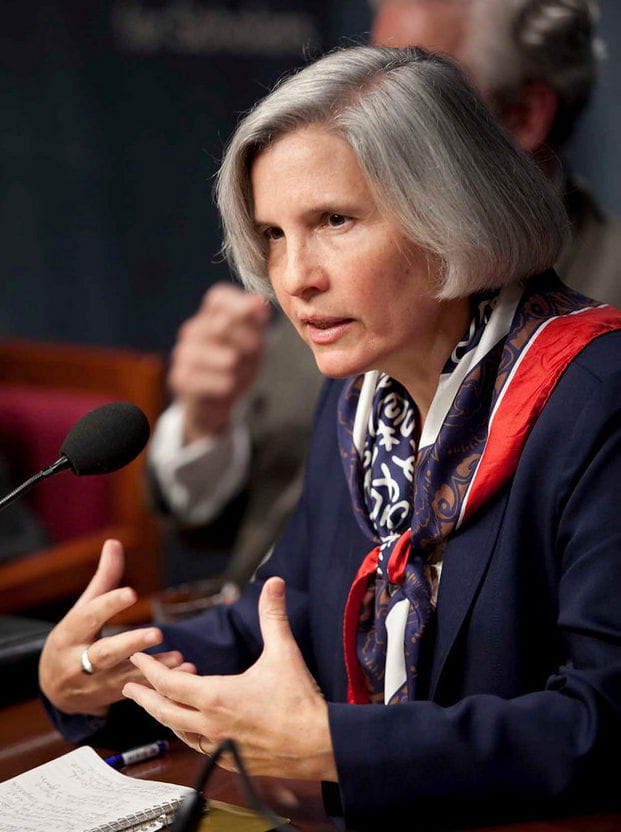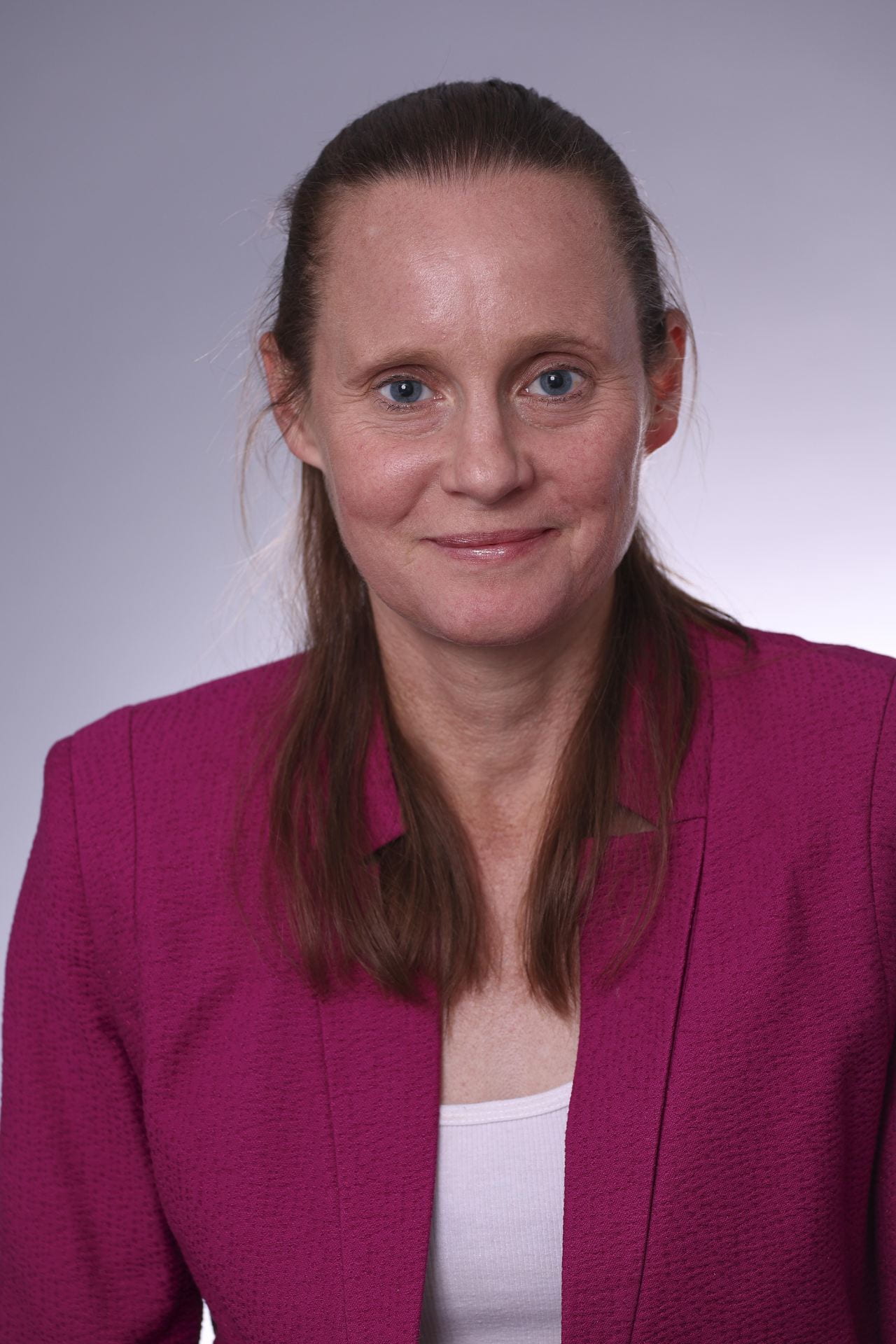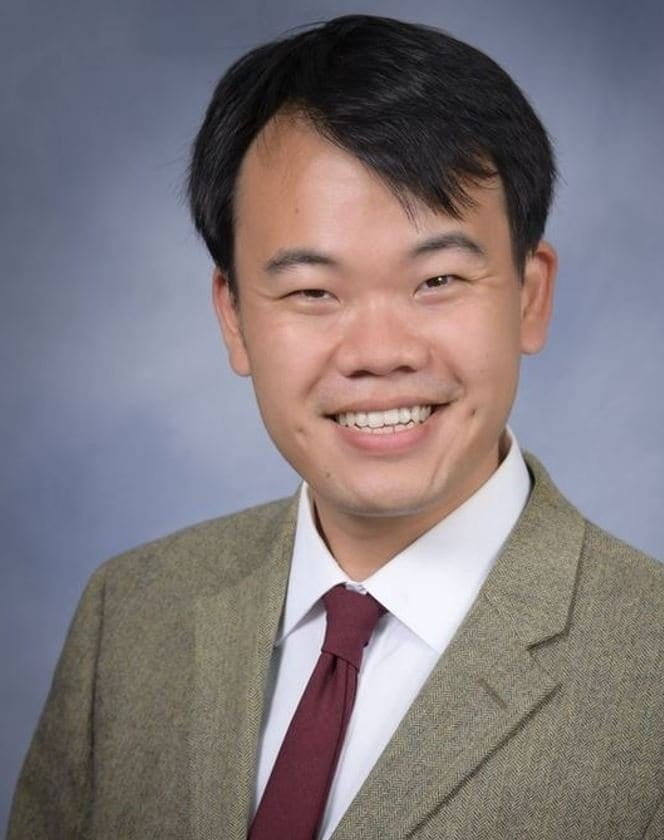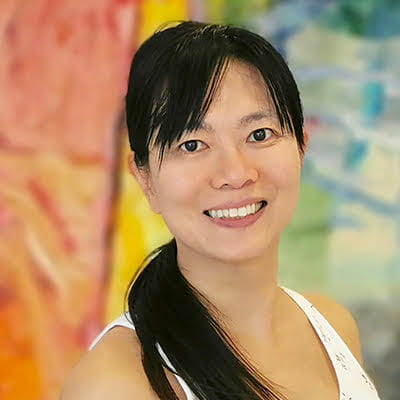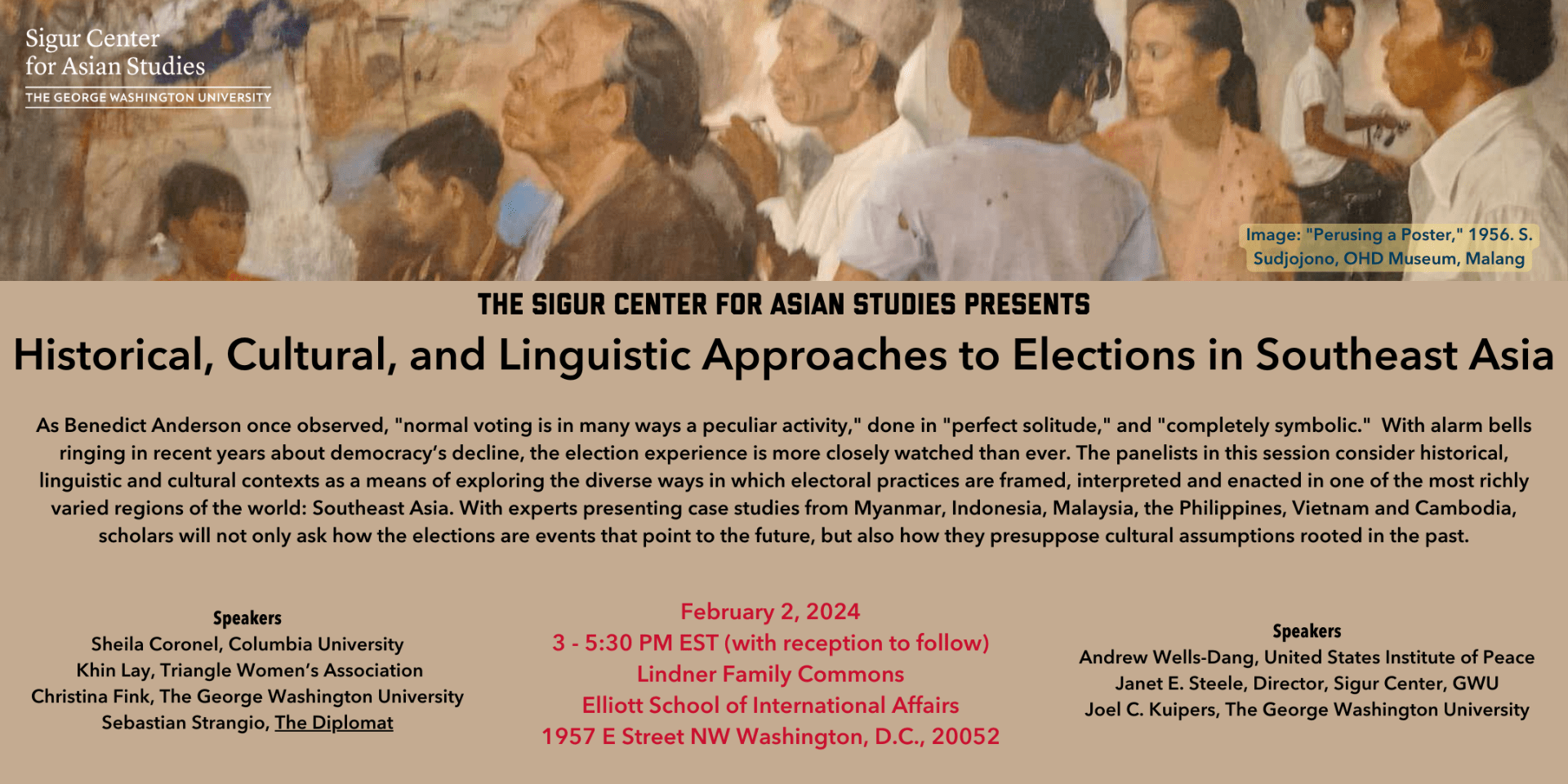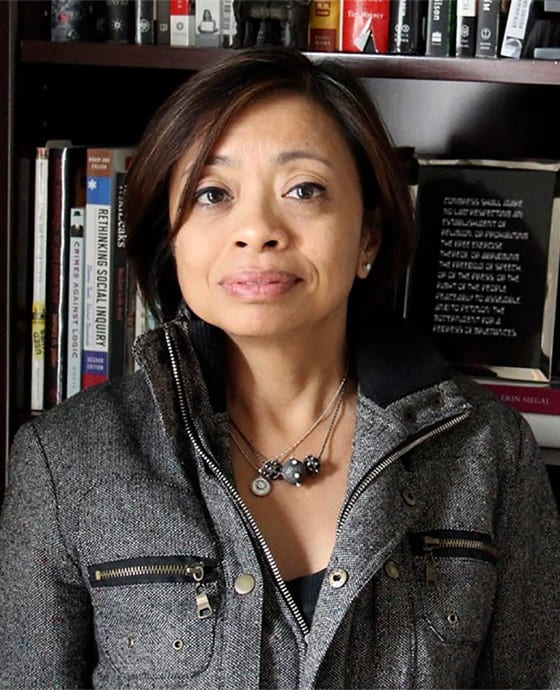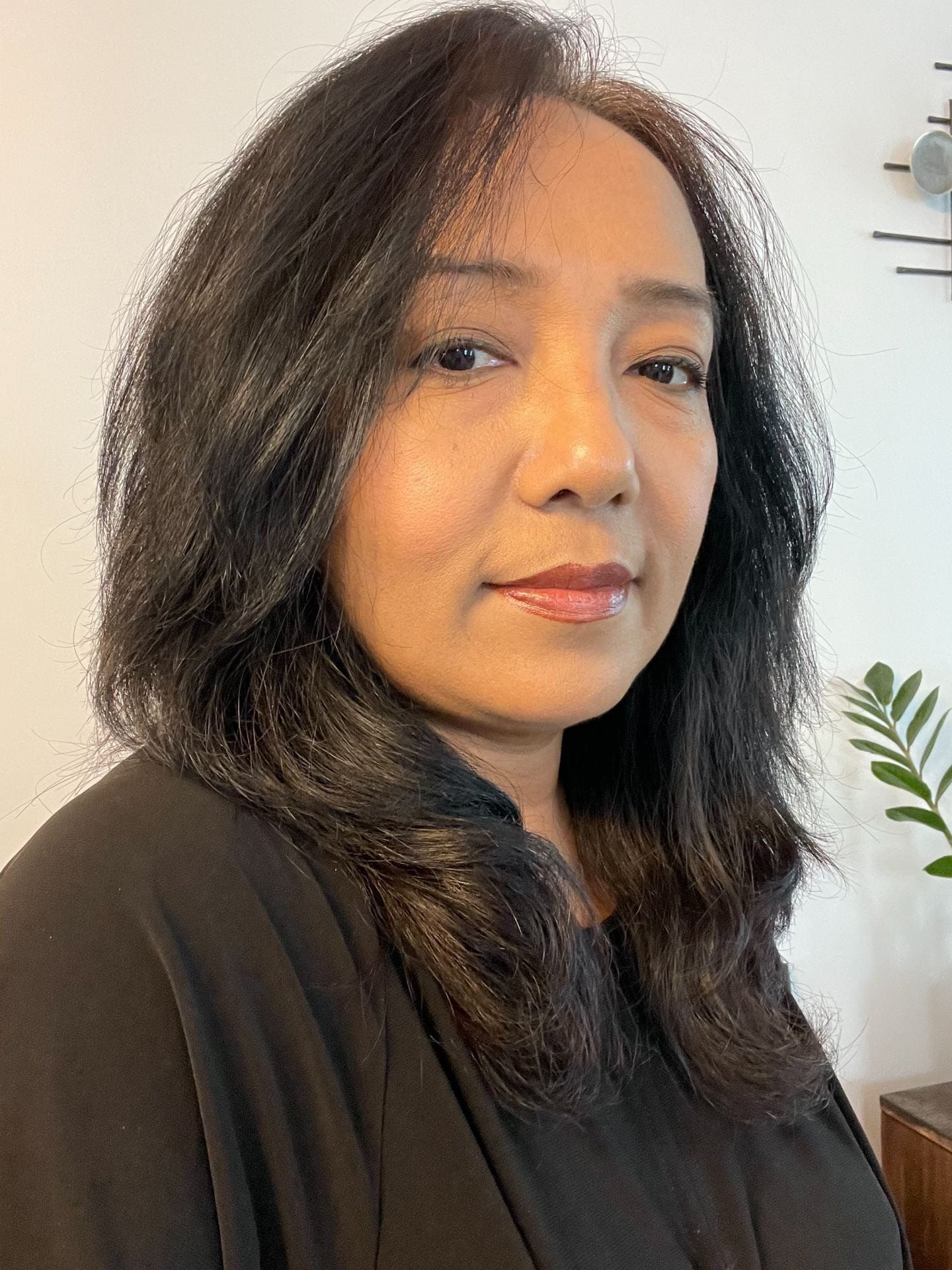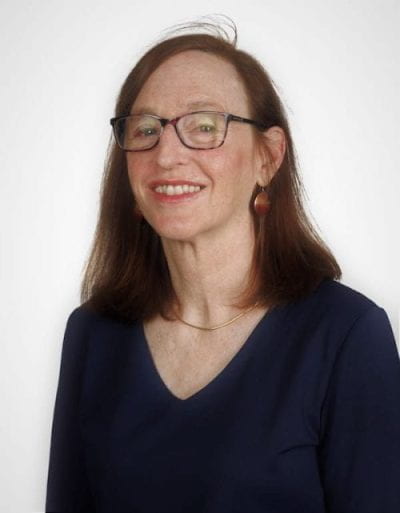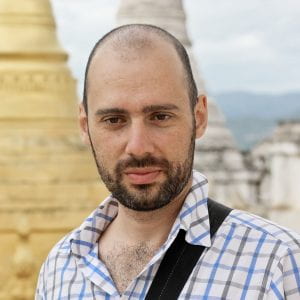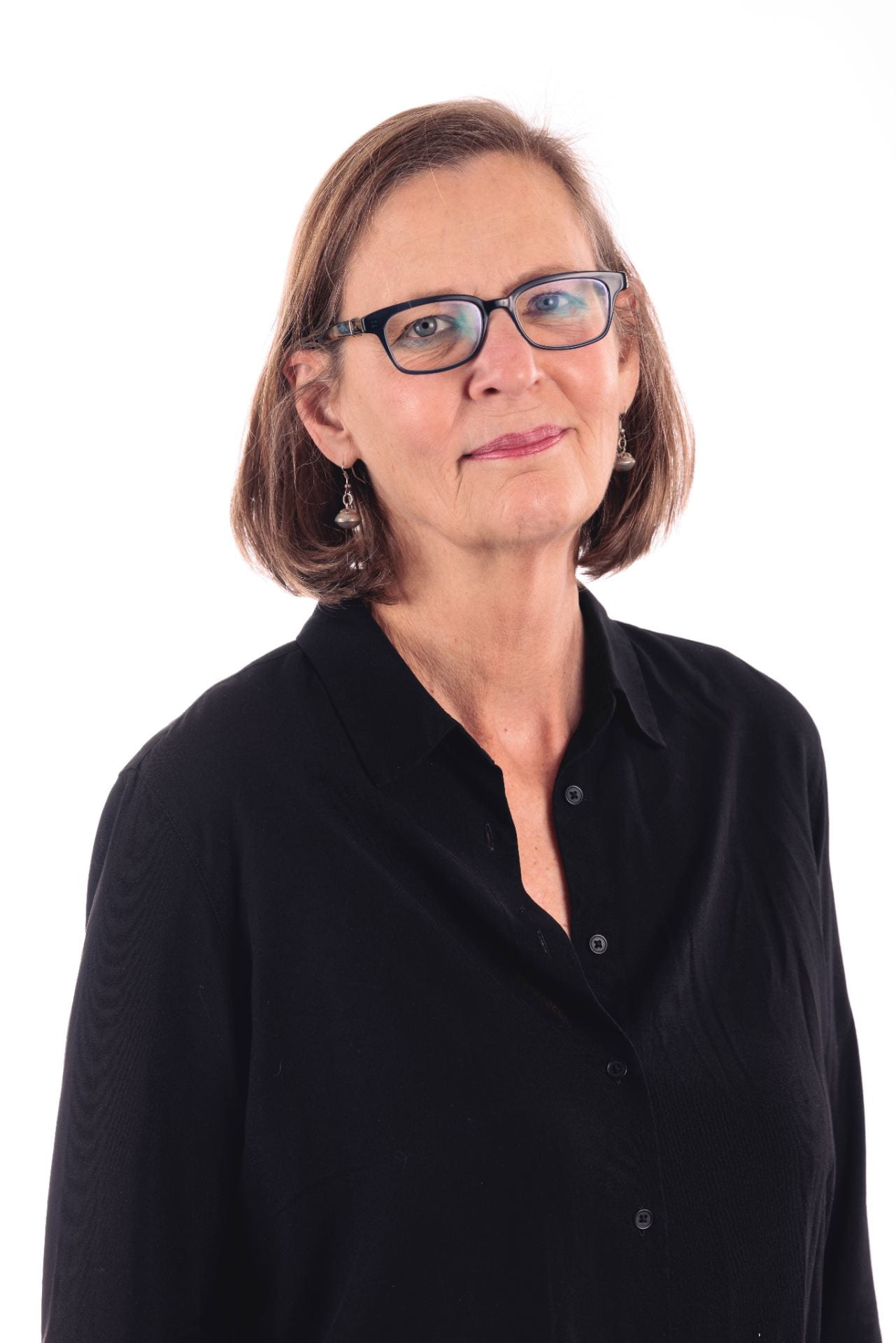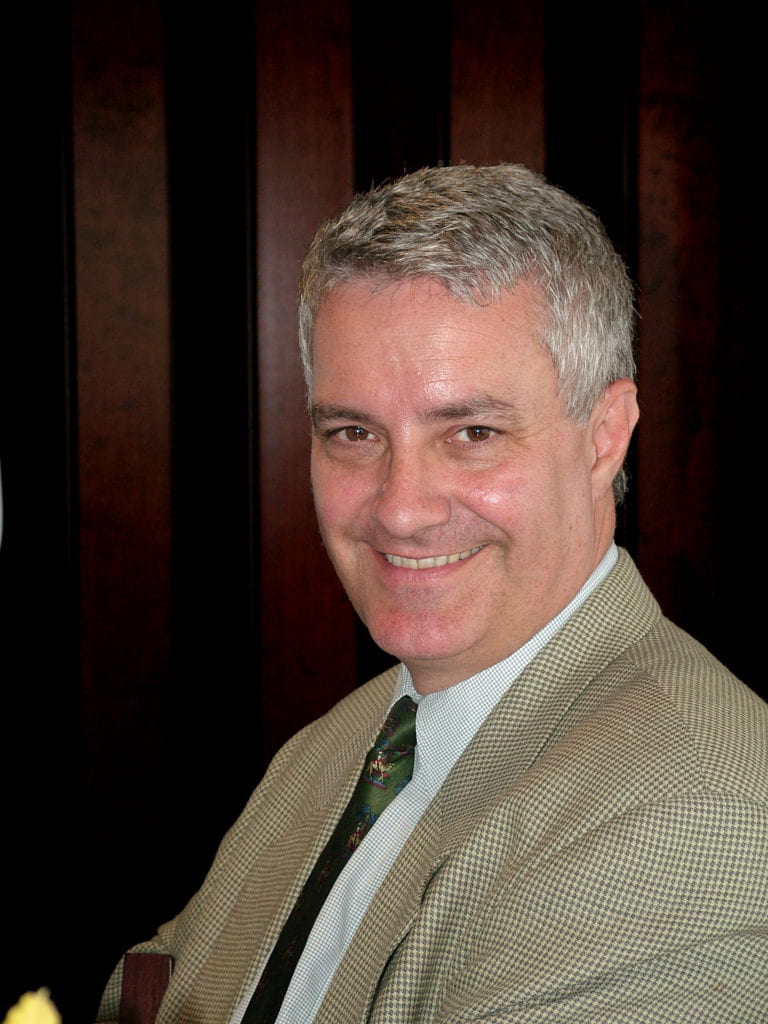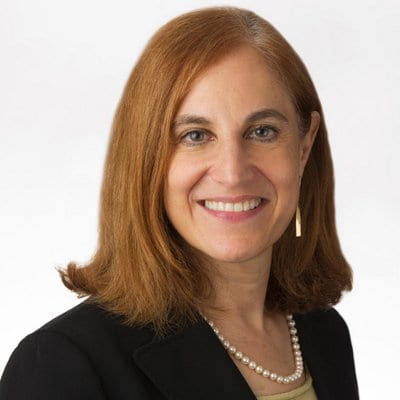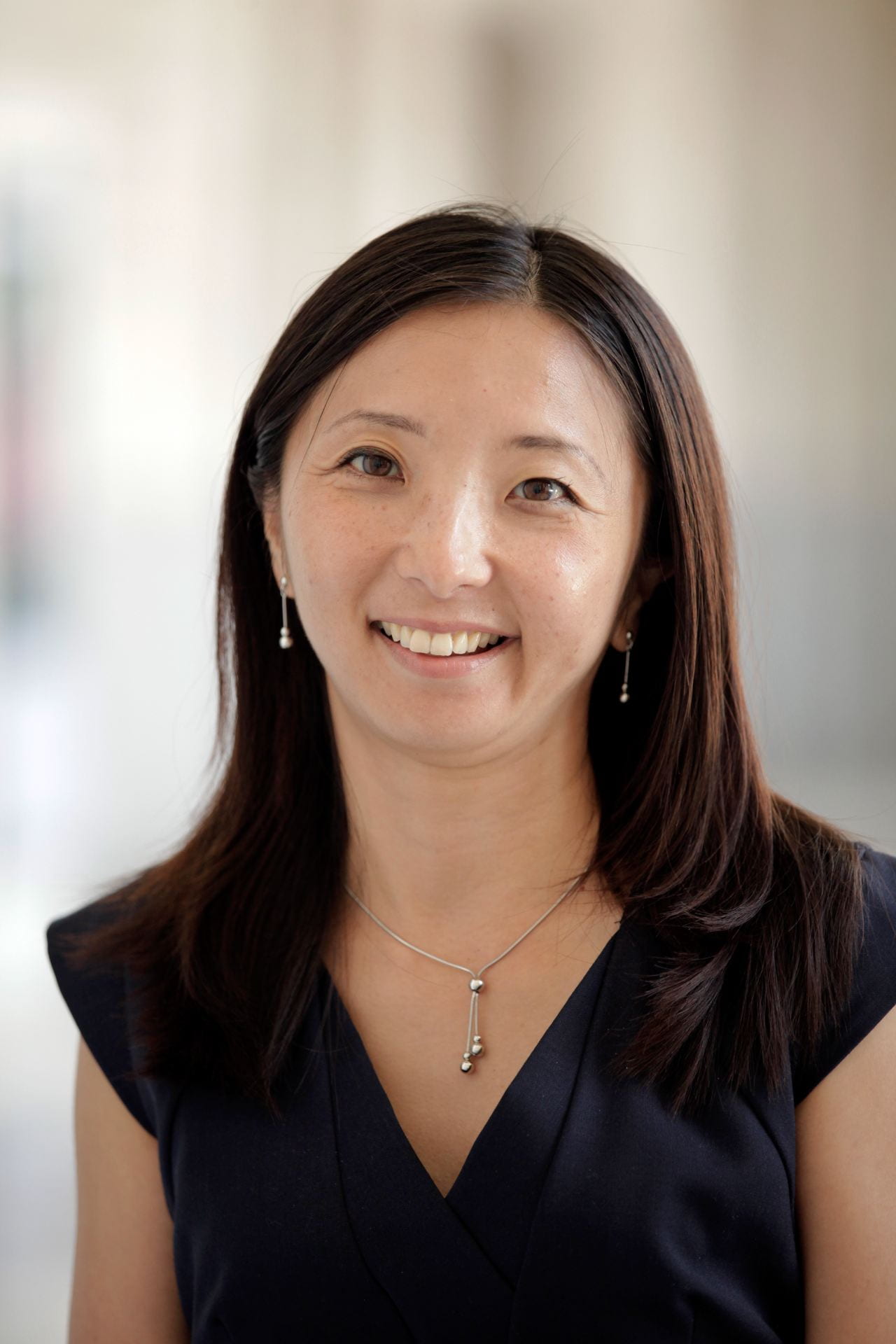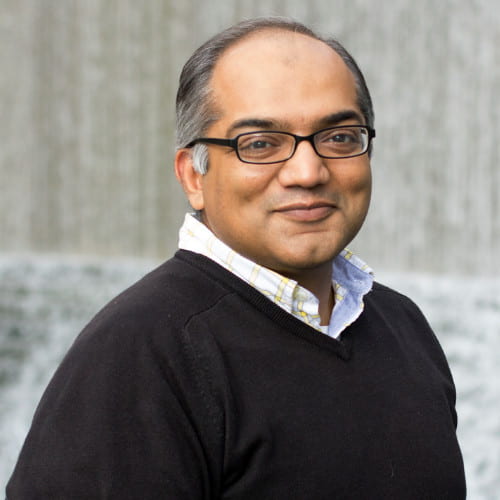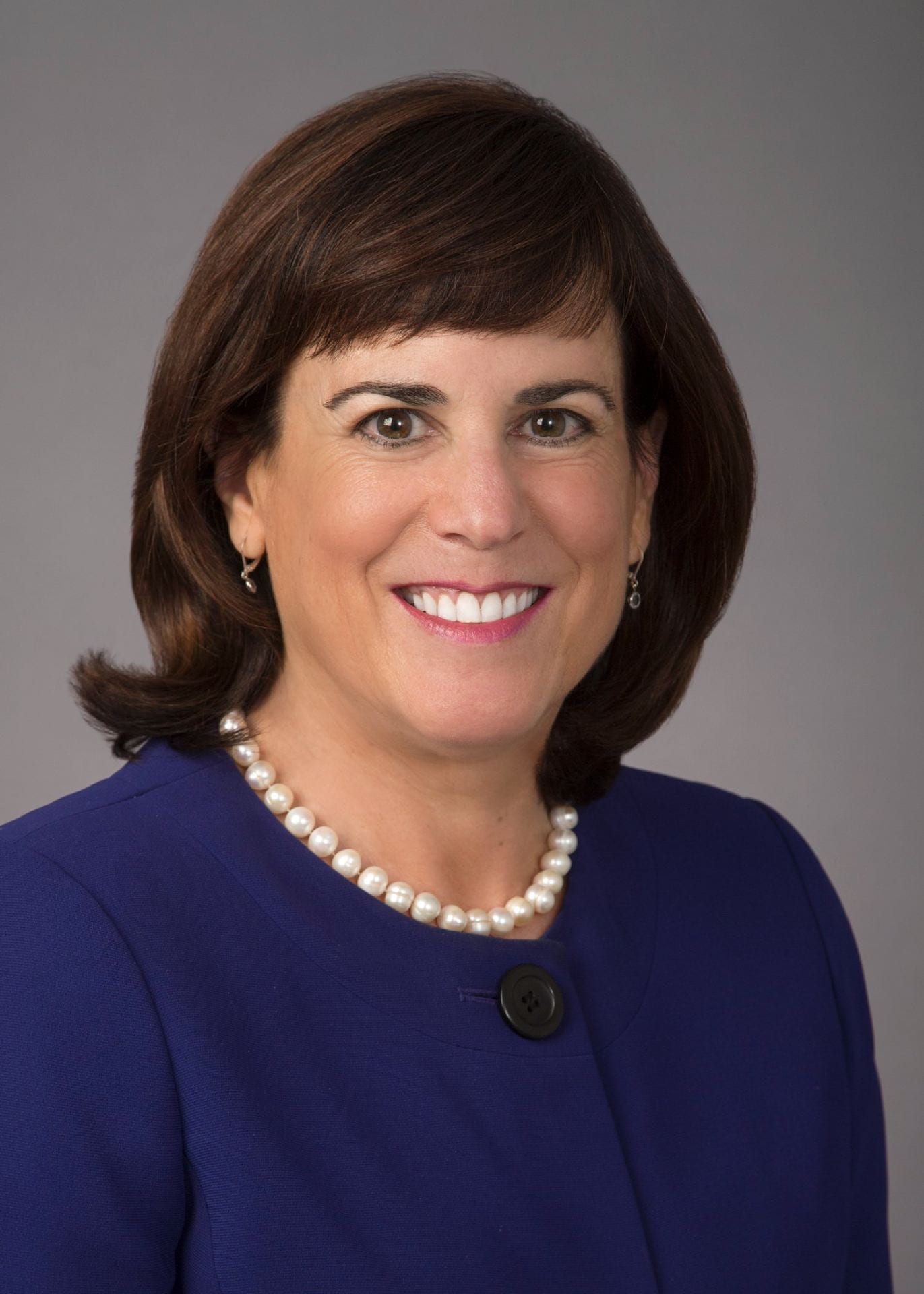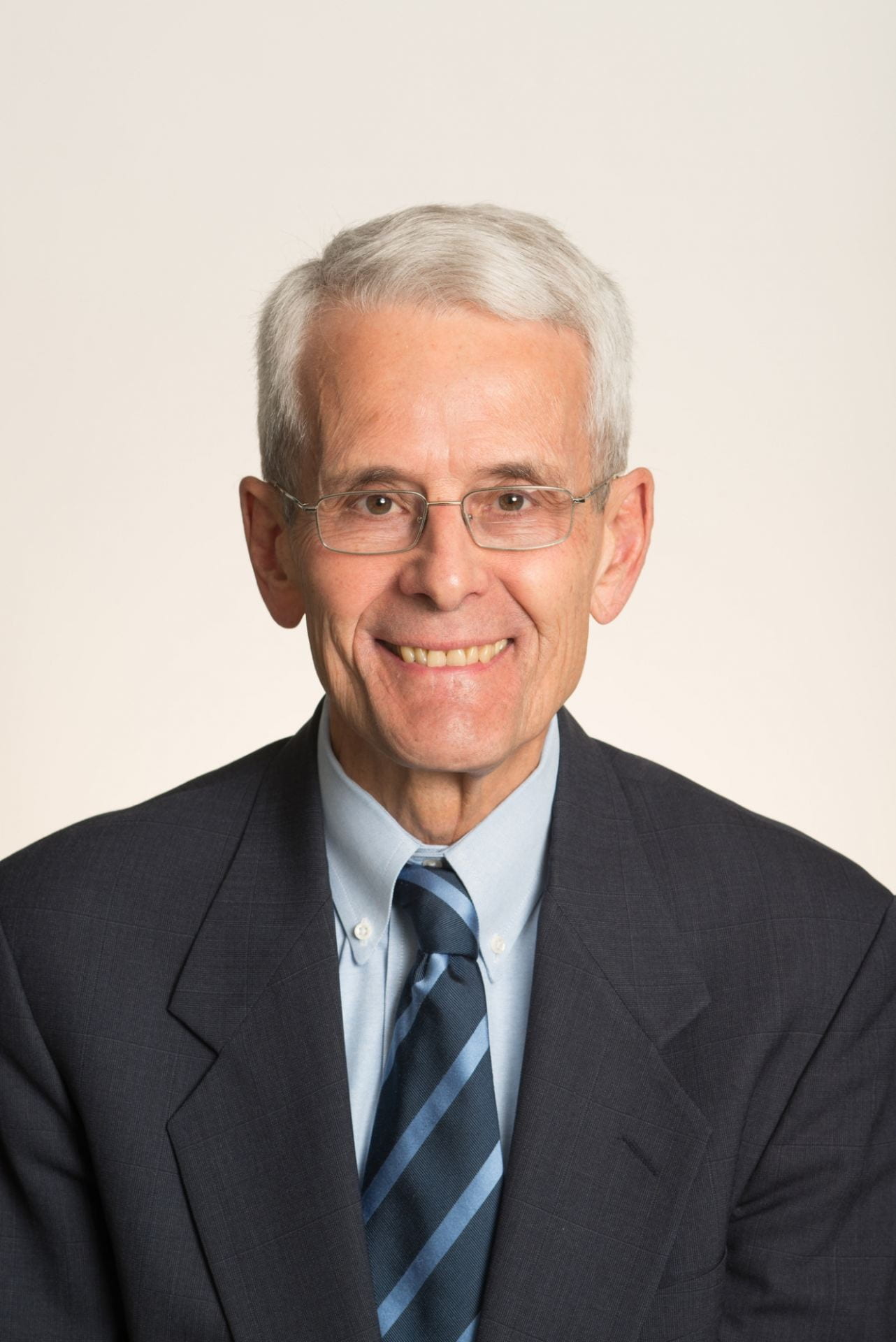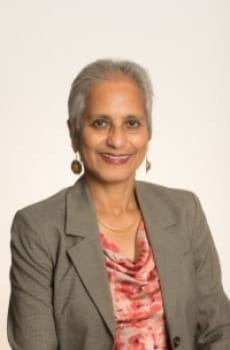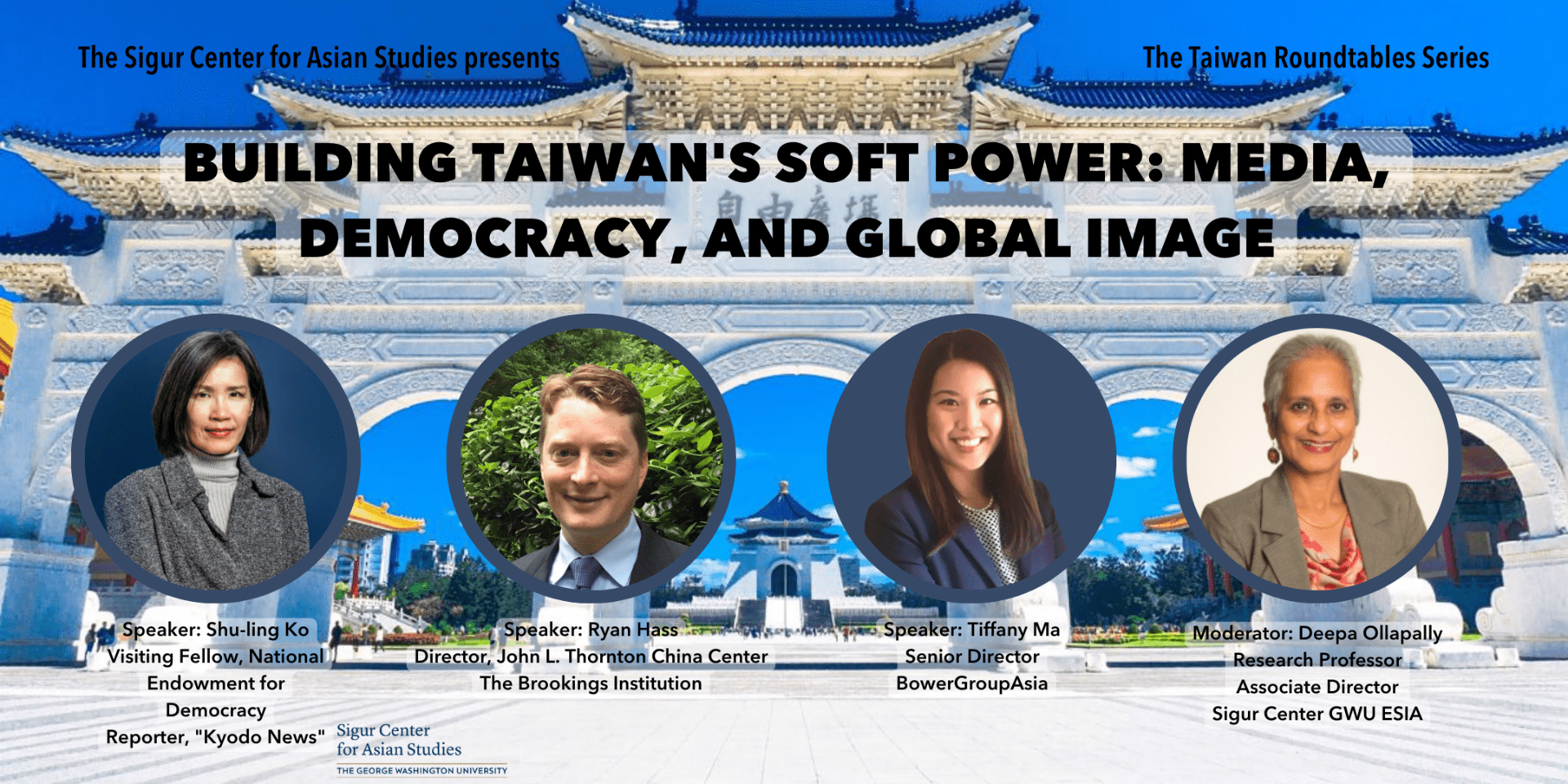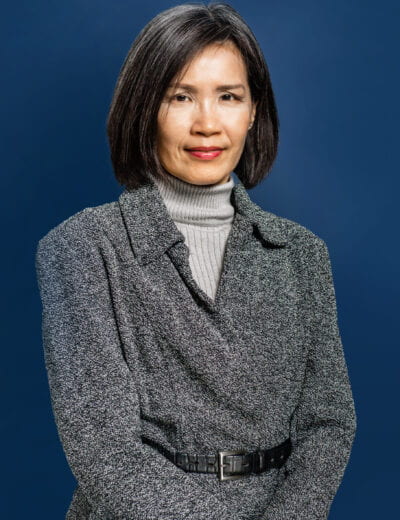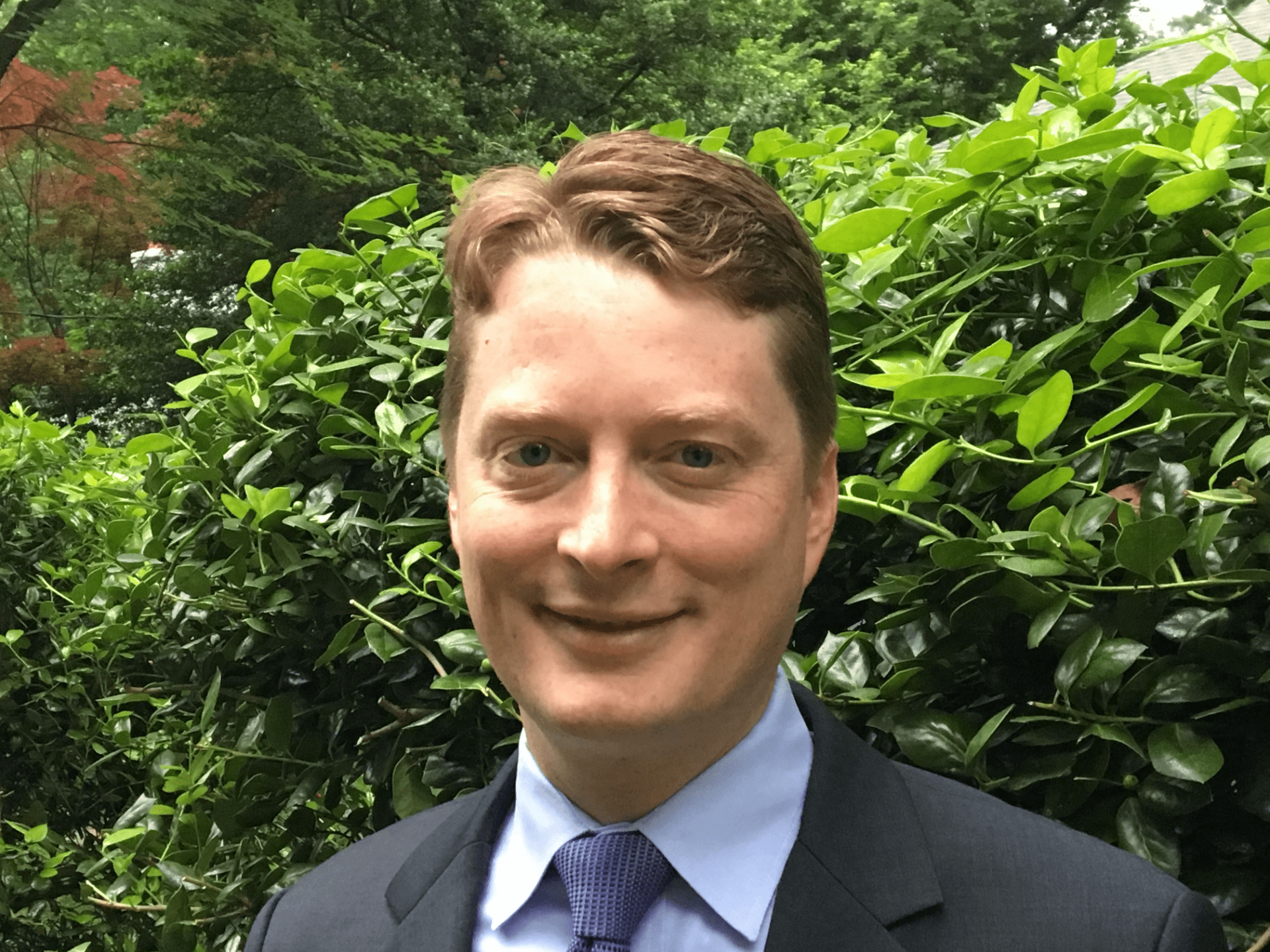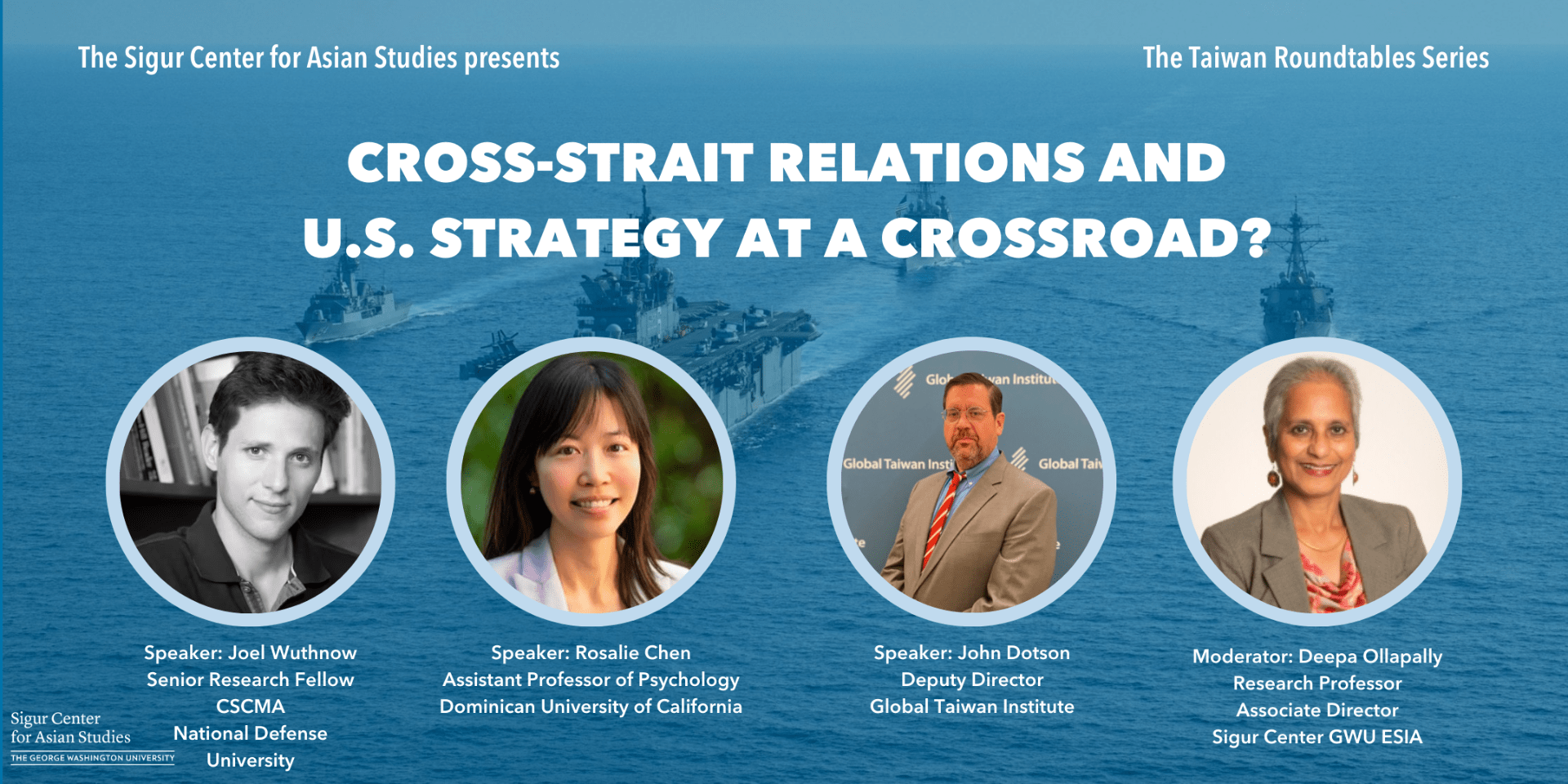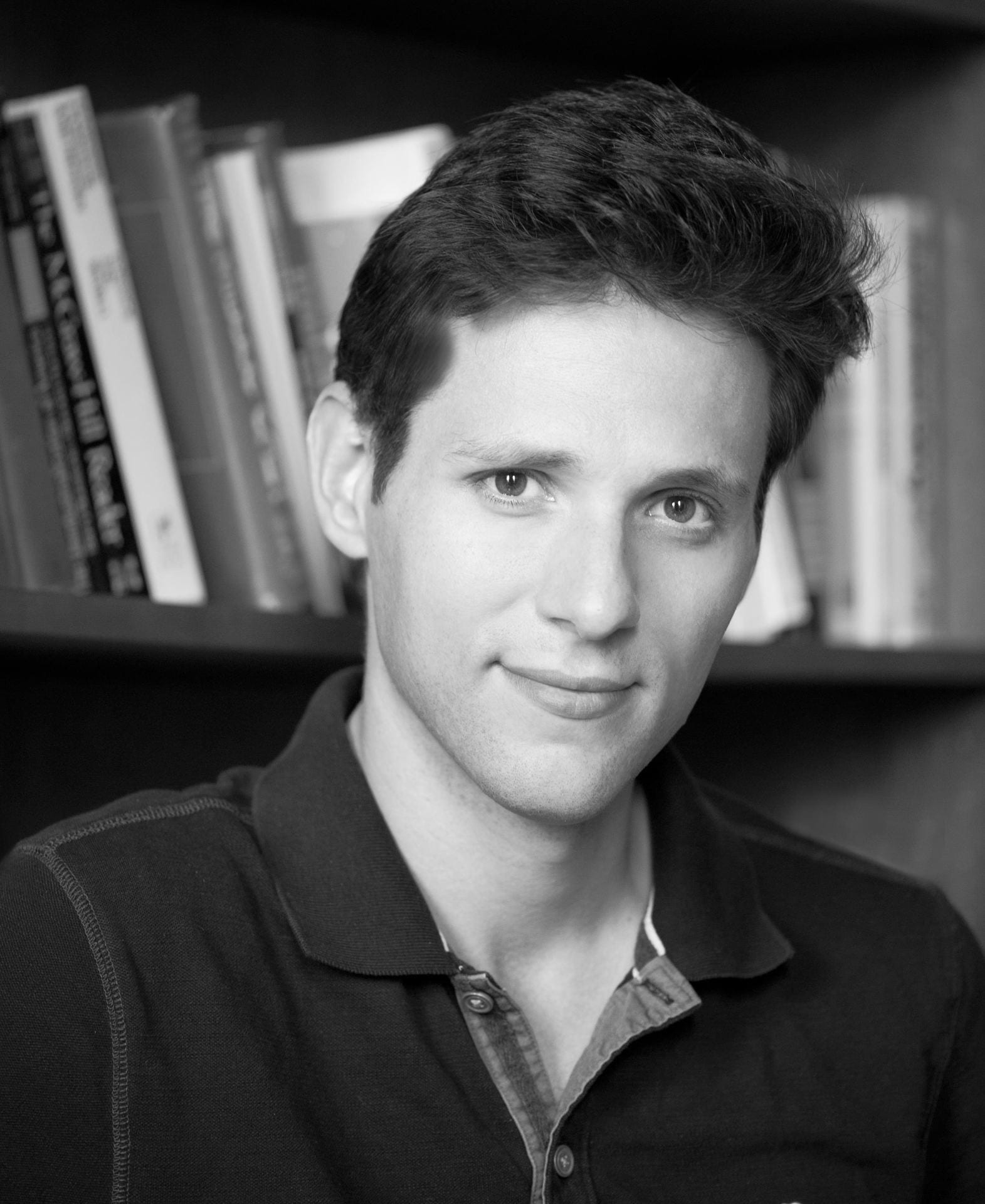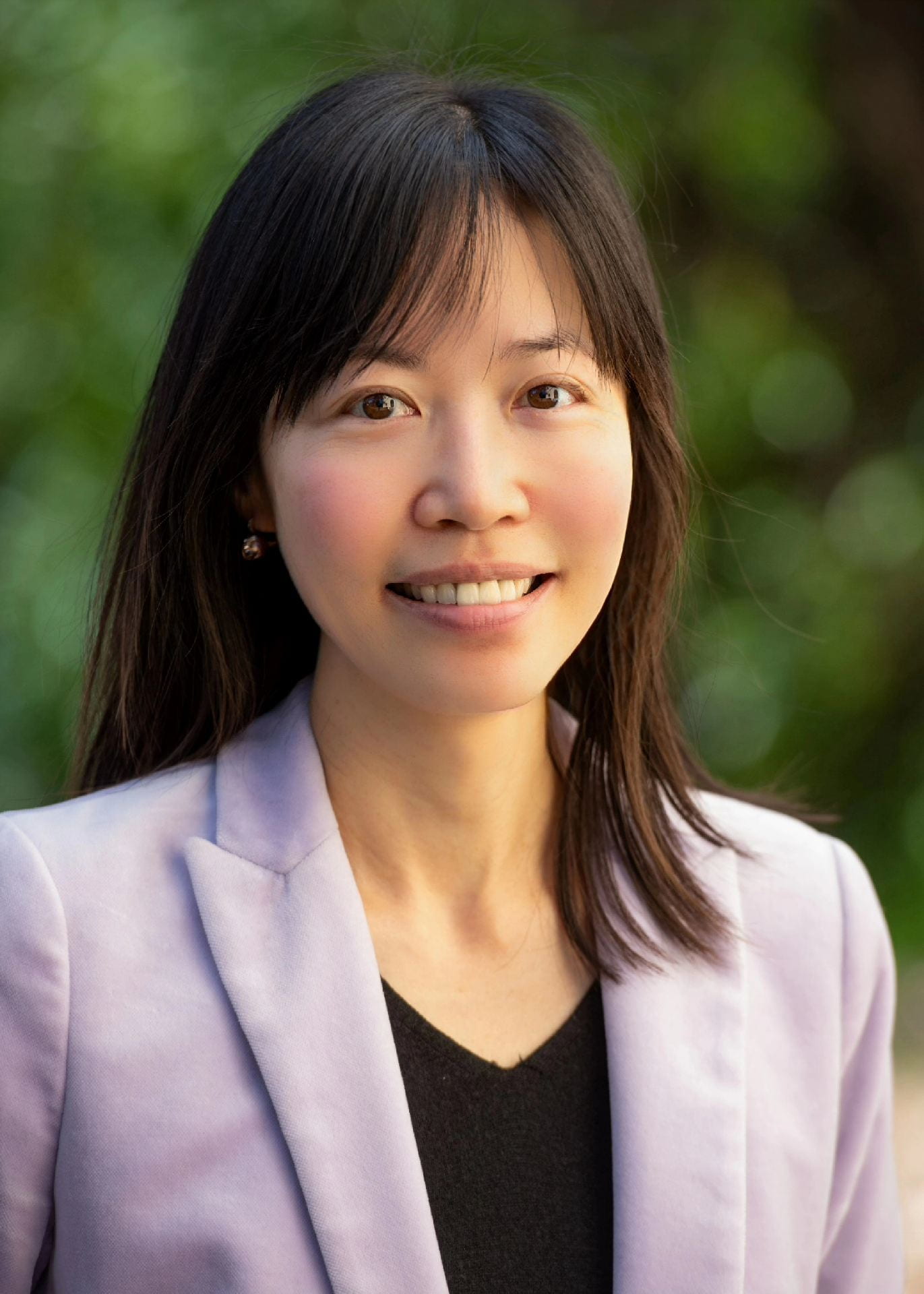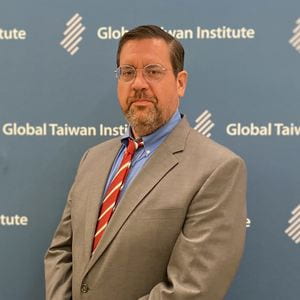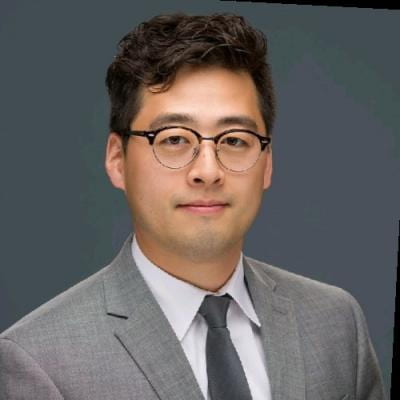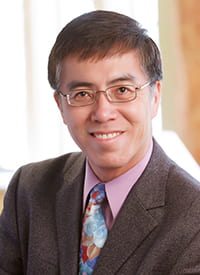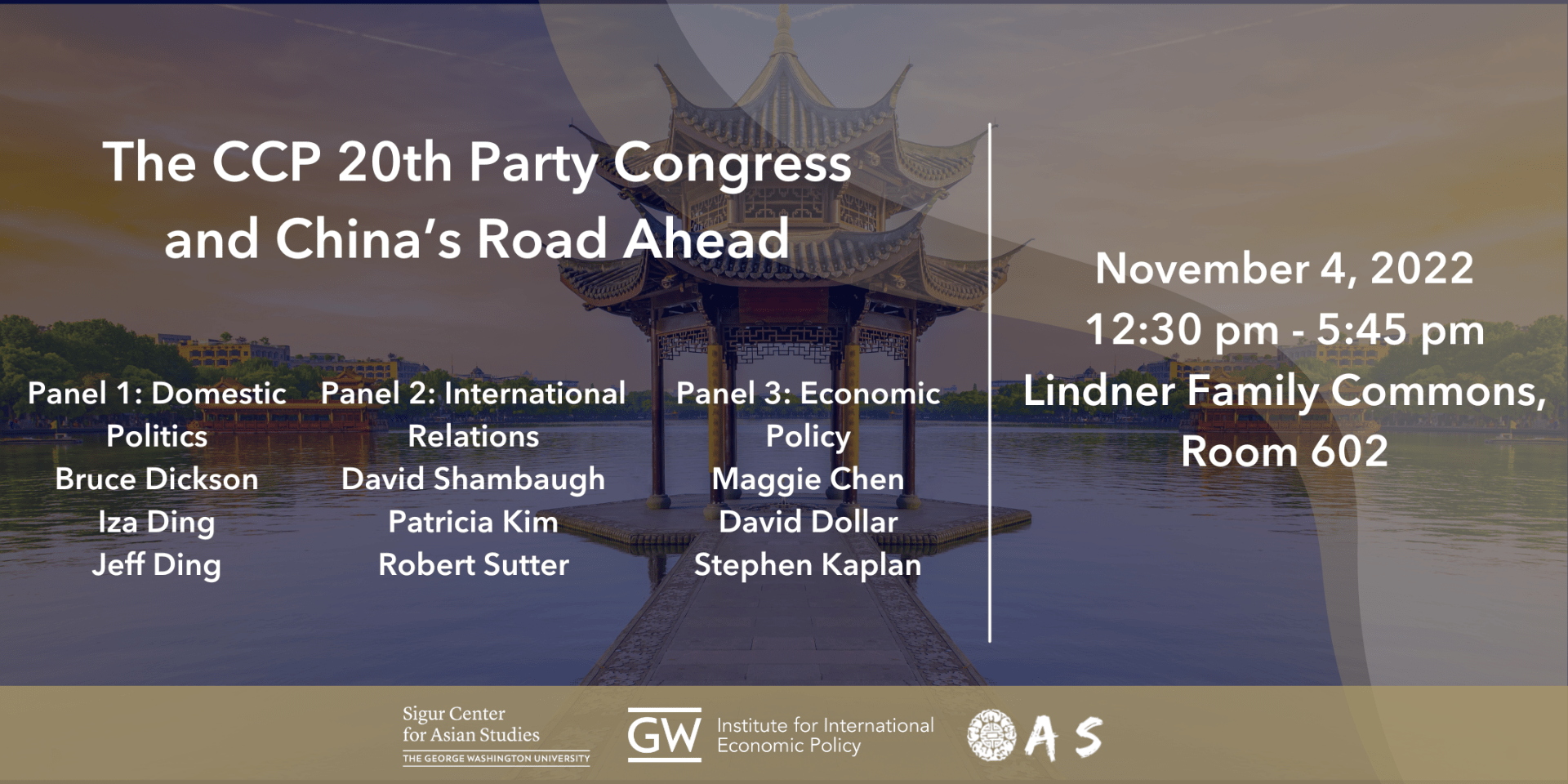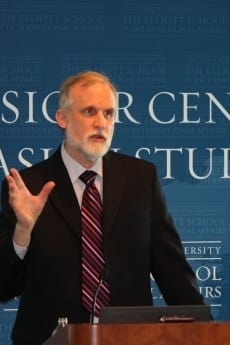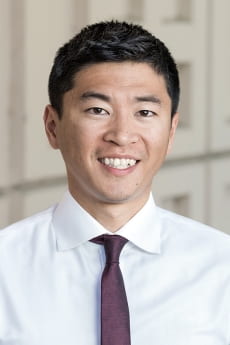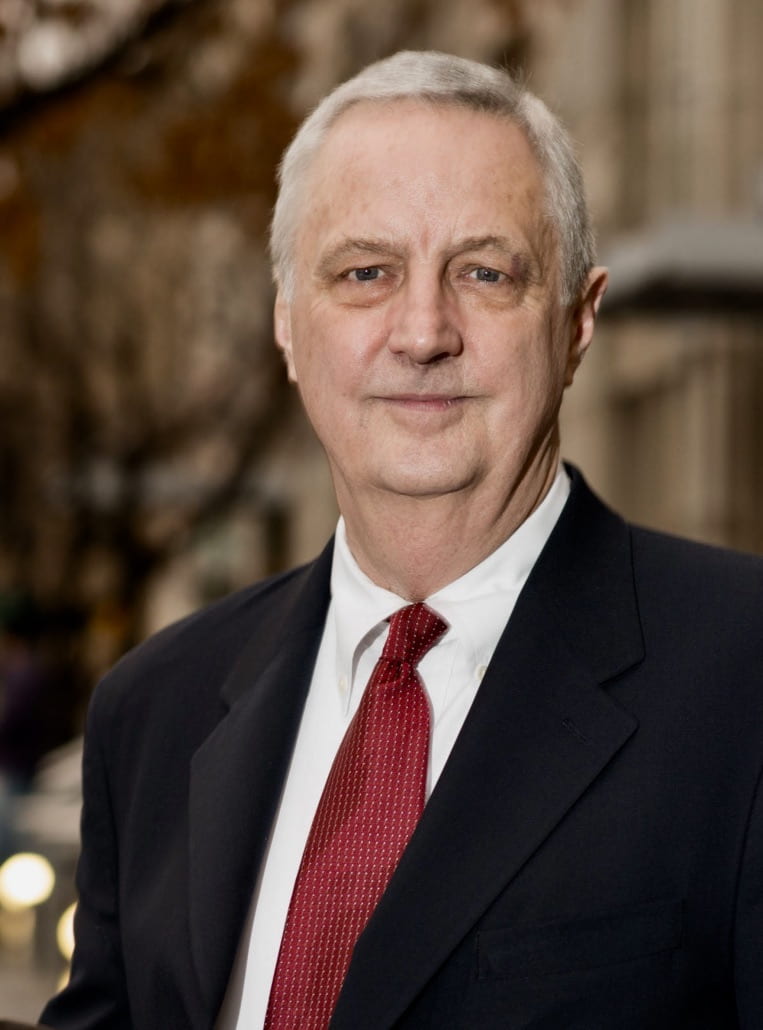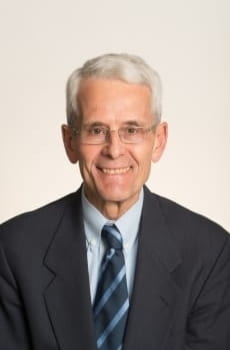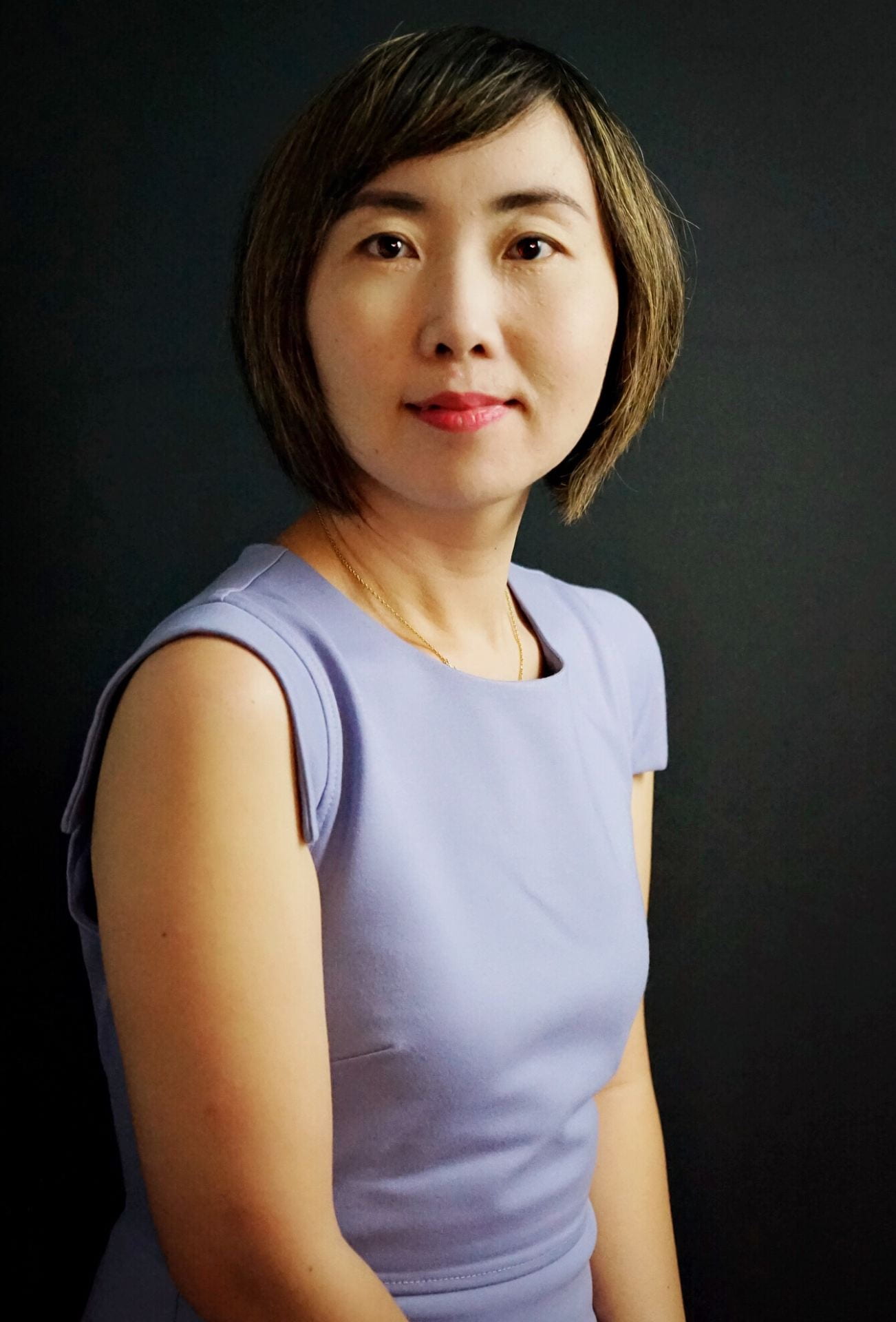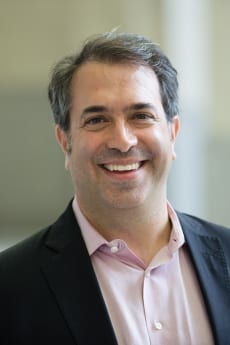Tuesday, May 7, 2024
12:00 PM – 2:00 PM ET
Lunch: 12:30 PM – 2:00 PM ET
Panel: 12:30 PM – 2:00 PM ET
Lindner Family Commons
Elliott School of International Affairs
1957 E Street NW Washington, D.C. 20052
The landmark Taiwan Relations Act (TRA) was signed into law by the United States Congress and serves as a foundation for US-Taiwan relations, and guides bilateral and broader policymaking toward the region. As the TRA celebrates 45 years, the Sigur Center for Asian Studies is holding a Roundtable to take stock. How has the TRA’s meaning and interpretation changed over time? What do the US executive and congressional positions on the Act look like? To what extent does the TRA come into play in cross strait relations?
*Guests are highly encouraged to tour the photography collection at the second-floor atrium of the Elliott School
“Interpreting the Taiwan Relations Act Over Time”, Vincent Wang
“US Congressional and Presidential Views on TRA@45”, Ryan Hass
“The TRA and its Role in Cross Strait Relations, Raymond Kuo
Alexander Yui has been the Representative for the Taipei Economic and Cultural Representative Office in the United States since December of 2023. He has previously served as the Representative to the European Union, the Vice minister of Foreign Affairs, the Director-General of the Department of Latin American and Caribbean Affairs, as well as the Ambassador Extraordinary and Plenipotentiary to the Republic of Paraguay. He has a BA in Political Science and Modern Languages as well as an MA in Spanish Literature from Texas A&M University. He also attended Executive programs at the John F. Kennedy School of Government at Harvard University in 2002 as well as The Wharton School at the University of Pennsylvania and the London School of Economics in 2010.
Speakers
Vincent Wei-Cheng Wang is Dean of the College of Arts and Sciences and Professor of Political Science at Adelphi University. Wang formerly served as Dean of the School of Humanities and Sciences at Ithaca College. He was formerly a Professor of Political Science and Chairman of the Department at the University of Richmond, specializing in international political economy and Asian studies. He has been a Visiting Professor or Fellow at National Chengchi University (Taipei), National Sun-Yat-sen University (Kaohsiung, Taiwan), El Colegio de Mexico, and Institute for Far Eastern Studies, Kyungnam University (Seoul, South Korea). He received his Ph.D. from the University of Chicago. He is a first-generation college student and received his BA from National Taiwan University and MA from Johns Hopkins University.
Ryan Hass is director of the John L. Thornton China Center and the Chen-Fu and Cecilia Yen Koo Chair in Taiwan Studies at Brookings. He is also a senior fellow in the Center for Asia Policy Studies. He was part of the inaugural class of David M. Rubenstein fellows at Brookings, and is a nonresident affiliated fellow in the Paul Tsai China Center at Yale Law School. Hass focuses his research and analysis on enhancing policy development on the pressing political, economic, and security challenges facing the United States in East Asia.
From 2013 to 2017, Hass served as the director for China, Taiwan and Mongolia at the National Security Council (NSC) staff. In that role, he advised President Obama and senior White House officials on all aspects of U.S. policy toward China, Taiwan, and Mongolia, and coordinated the implementation of U.S. policy toward this region among U.S. government departments and agencies. He joined President Obama’s state visit delegations in Beijing and Washington respectively in 2014 and 2015, and the president’s delegation to Hangzhou, China, for the G-20 in 2016, and to Lima, Peru, for the Asia-Pacific Economic Cooperation (APEC) Leaders Meetings in 2016.
Prior to joining NSC, Hass served as a Foreign Service Officer in U.S. Embassy Beijing, where he earned the State Department Director General’s award for impact and originality in reporting, an award given annually to the officer whose reporting had the greatest impact on the formulation of U.S. foreign policy. Hass also served in Embassy Seoul and Embassy Ulaanbaatar, and domestically in the State Department Offices of Taiwan Coordination and Korean Affairs. Hass received multiple Superior Honor and Meritorious Honor commendations during his 15-year tenure in the Foreign Service.
Hass is the author of “Stronger: Adapting America’s China Strategy in an Age of Competitive Interdependence” (Yale University Press, 2021), a co-editor of “Global China: Assessing China’s Growing Role in the World” (Brookings Press, 2021), of the monograph, “The future of US policy toward China: Recommendations for the Biden administration” (Brookings, 2020), and a co-author of “U.S.-Taiwan Relations: Will China’s Challenge Lead to a Crisis?” (Brookings Press, 2023). He also leads the Democracy in Asia project at the Brookings Institution and is co-chair of the international task force on Taiwan convened by the Center for Strategic and International Studies.
Hass was born and raised in Washington state. He graduated from the University of Washington and attended the Johns Hopkins School of Advanced International Studies prior to joining the State Department.
Raymond Kuo is the inaugural director of the RAND Corporation’s Taiwan Policy Initiative and a senior political scientist at RAND. He is an expert in international security, international order, and East Asia.
He published two books in 2021: Following the Leader (Stanford University Press) on military alliances and Contests of Initiative (Westphalia-GMU Press) on China’s maritime gray zone strategy. His other research has appeared in International Security, the Journal of Conflict Resolution, The National Interest, the Diplomat, and other outlets.
Kuo was a tenure-track professor at Fordham University and the University at Albany, SUNY. He previously worked for the United Nations, the National Democratic Institute, and the Democratic Progressive Party (Taiwan). He holds a Ph.D. in politics from Princeton University.
Moderator
Deepa M. Ollapally is a political scientist specializing in Indian foreign policy, India-China relations, and Asian regional and maritime security. She is Research Professor of International Affairs and the Associate Director of the Sigur Center. She also directs the Rising Powers Initiative, a major research program that tracks and analyzes foreign policy debates in aspiring powers of Asia and Eurasia.
Dr. Ollapally is currently working on a funded book, Big Power Competition for Influence in the Indian Ocean Region, which assesses the shifting patterns of geopolitical influence by major powers in the region since 2005 and the drivers of these changes. She is the author of five books including Worldviews of Aspiring Powers (Oxford, 2012) and The Politics of Extremism in South Asia (Cambridge, 2008). Her most recent books are two edited volumes, Energy Security in Asia and Eurasia (Routledge, 2017), and Nuclear Debates in Asia: The Role of Geopolitics and Domestic Processes (Rowman & Littlefield, 2016). Dr. Ollapally has received grants from the Carnegie Corporation, MacArthur Foundation, Smith Richardson Foundation, Ford Foundation, the Rockefeller Foundation, and the Asia Foundation for projects related to India and Asia. Previously, she was Associate Professor at Swarthmore College and has been a Visiting Professor at Kings College, London and at Columbia University. Dr. Ollapally also held senior positions in the policy world including the US Institute of Peace, Washington DC and the National Institute of Advanced Studies, Bangalore, India. She is a frequent commentator in the media, including appearances on CNN, BBC, CBS, Diane Rehm Show, and Reuters TV. She holds a Ph.D. in Political Science from Columbia University.
